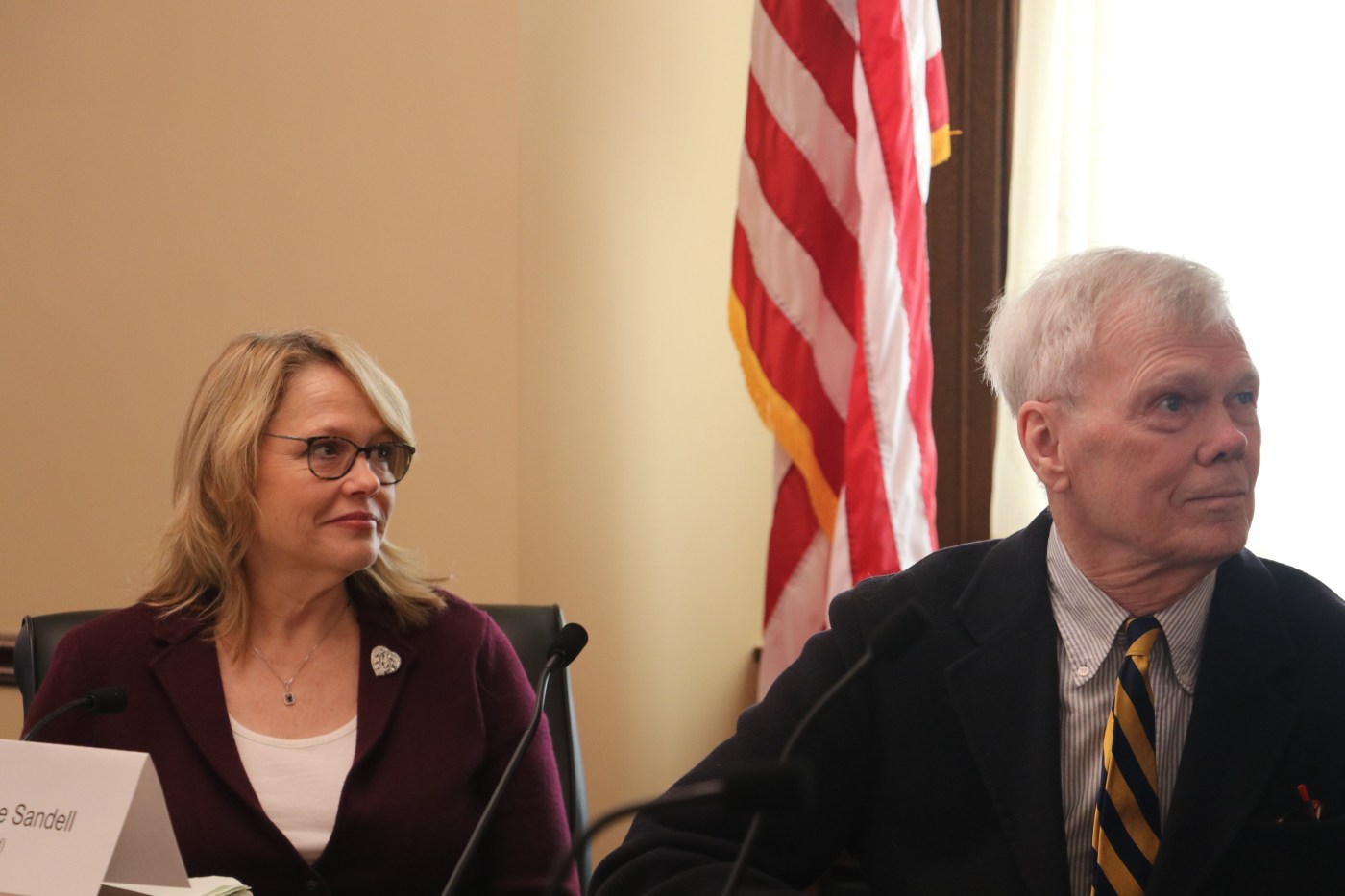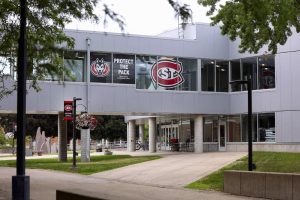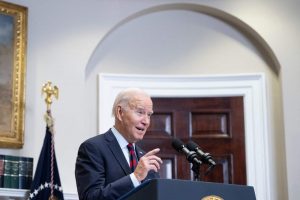
DFL senator calls lack of hearing for ‘Prove It First’ mining bill ‘legislative malpractice’
Advocates for legislation intended to help protect Minnesota’s water from pollution from mining activity say they are frustrated with the lack of movement in the Legislature. A DFL senator shares their frustration.
Historically, the DFL has sought a balance on mining issues in the Iron Range but Sen. Jennifer McEwen says corporate interests have kept the issue of copper-sulfide mining off legislator’s tables.
“There’s a lot of anger and frustration amongst clean water activists in Minnesota with DFL leadership in general and there’s good reason for that,” McEwen said.
That anger stems from the lack of a hearing in the Senate on SF 1416, known as the “Prove It First” bill, which states that before a copper-sulfide mine in Minnesota can be permitted, there must be independent scientific proof that a copper-sulfide mine has operated elsewhere in the United States for at least 10 years without causing pollution and that a mine has been closed for at least 10 years without causing pollution. (The House version of the bill is HF 1618.)
McEwen, a co-author of the Senate bill, said the Legislature has not heard a bill regarding copper-sulfide mining in at least a decade, which she called “legislative malpractice.”
“The fact that we have had the Democratic Party leadership in the administration, in the Senate, in the House now, for a number of years and we still haven’t had that hearing has a lot of people very upset,” McEwen said. She said the Legislature has a duty to at least hear these types of proposals.
The type of mining the bill seeks to regulate is different than current iron and taconite mining in Minnesota, according to McEwen.
“We are simply asking this industry to prove that they can do this safely before we would consider permitting their projects in such a water-rich environment with so much at stake,” she said.
In response to the bill not yet being heard in committee, supporters held a public hearing at the Capitol on Thursday, Feb. 22. Retired State Representatives Connie Bernardy and Steve Sandell presided over the hearing. Testifiers included members of Minnesota’s indigenous community, mining experts, retired state regulators and environmental advocates.
Sandell, a former DFL representative from Woodbury, said disagreements over mining in Minnesota are nothing new.
“The perspectives are so different from those of us who want to go up and preserve this place and those who believe their economic future depends on it,” he said.
Addressing mining issues in a state with such diverse opinions can be tricky, according to Sandell.
“There are going to be people in the caucus that are very cautious about promoting an idea that their constituents may find too delicate to face,” he said. “In a political body … leadership doesn’t want to lose its position as the majority. We can do great things as a majority but you don’t want to die on our sword.”
Highlighting the need for politicians to address the issue Thursday was Mike Maleska, a retired iron ore miner and local union president. He asked how much longer Minnesotans are expected to accommodate copper-sulfide mining.
“I don’t want to see the answer to that question,” he testified. “What I want to see is some courage from our legislators to make the mining companies do one simple thing: show proof that they won’t pollute before they’re allowed to put a shovel in the ground.”
Part of the frustration with the Legislature stems from the fact that advocates feel they can be ignored by the DFL because it’s taken for granted they won’t cross party lines and vote Republican, according to Pete Marshall, communications director for Friends of the Boundary Waters, an environmental advocacy group.
“They’ve been reluctant to hold any hearing and in fact have gone so far as to basically stonewall any efforts to address the copper-sulfide mining issue in the state even though it’s a very big issue,” Marshall said.
In response to those accusations, Senate Majority Leader Erin Murphy, DFL-St. Paul, said she welcomed advocacy organizations to bring their issues to the Capitol.
“As of today, we have one month before our first committee deadlines for bills to advance,” she said. “In the second week of the legislative session, my colleagues are working in committees to advance the work of Minnesota.”
Murphy was recently elected as Senate majority leader after her predecessor, Sen. Kari Dziedzic, DFL-Minneapolis, announced she would step down after the cancer she faced last year returned.
Assistant Majority Leader Sen. Foung Hawj, DFL-St. Paul, who chairs the Environment, Climate and Legacy Senate Committee, said he wants to at least have an information hearing regarding the legislation. He said party members are still in discussion about when that could be and denied that DFL leadership has stood in the way of “Prove It First” legislation.
Related Articles
Joe Soucheray: Former Gov. Arne Carlson is right about ‘partisan armies’ at the Capitol
School resource officer restraints bill advances with House DFL-GOP compromise
Letters: Here’s one reason for front license plates
House advances $352 million income tax error fix, first bill of session
Soucheray: Another example of wasteful spending, after their squandering of $18 billion


